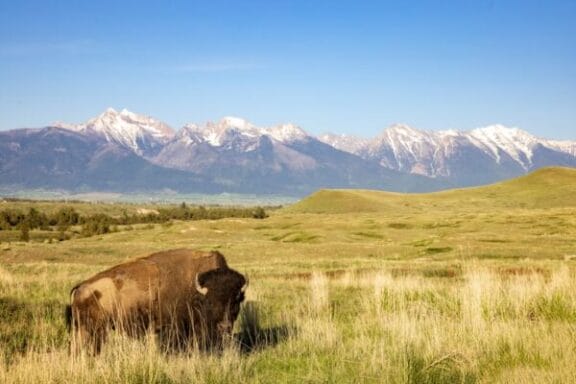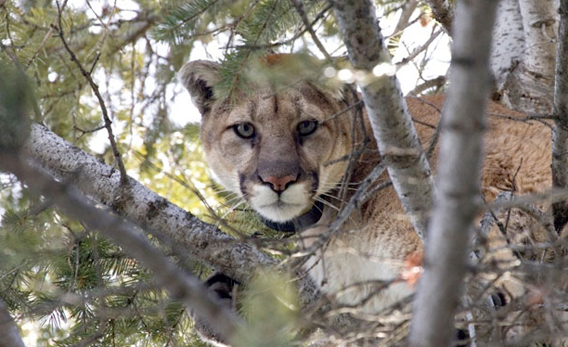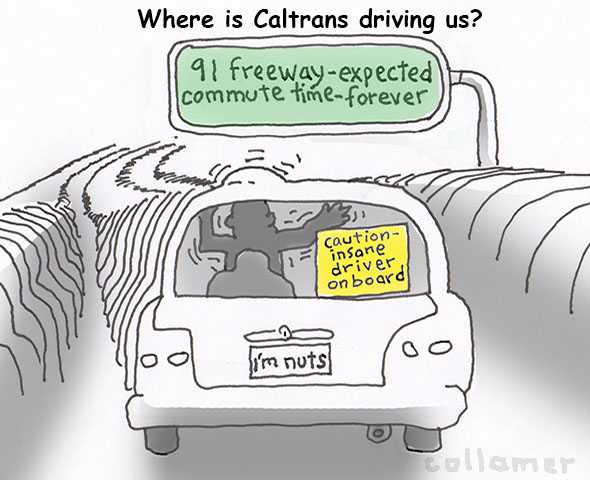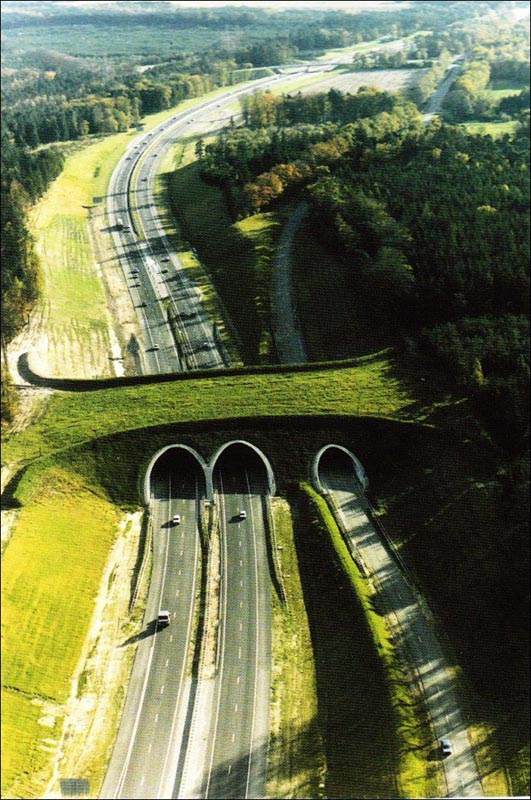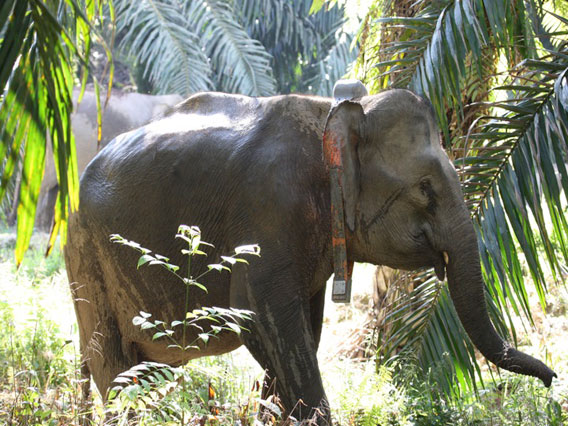Venture into the wild heart of California with EcoJustice Radio as we explore the plight of the majestic mountain lion. Discover the urgent conservation efforts to protect these apex predators from the perils of urban sprawl, highways, and human encroachment.
Tag: wildlife corridors
Indigenous Stewardship & the Future of Wildlife with Whisper Camel-Means
Whisper Camel-Means shares her expertise on the pressing need to protect US wildlife ecosystems, now imperiled at an alarming rate. She offers an Indigenous perspective on the human-induced threats to our living relatives, from habitat loss to climate change.
Room to Roam: The Importance of Wildlife Connectivity & Crossings
Beth Pratt of the National Wildlife Federation has been championing for years what will become world’s largest urban wildlife crossing, planned for suburban Los Angeles.
Caltrans Driving Us to Freeway Insanity
Caltrans plans to widen the 91 Freeway [again], spending $1.3 Billion to improve commute speeds 1.5 miles per hour, while further destroying the only wildlife connection between the Santa Ana Mountains and the Puente-Chino Hills. Commuter trains, anyone?
Welcome to Loliondo: Maasai Struggle Against Game Hunters for Land Rights
The Loliondo Game Controlled Area (LGCA), one of Tanzania’s most well-known Maasai community concessions and wildlife destinations, is in the spotlight as local stakeholders and outside financial interests clash over its natural resources. Watch “Welcome to Loliondo,” a documentary on how the Maasai confront the threat of safari tourism taking away their land.
Wildlife Crossings: Animals Survive with Bridges and Tunnels
Providing crossing infrastructure at key points along transportation corridors is known to improve safety, reconnect habitats and restore wildlife movement. Throughout Europe, Asia, Australia and North American, wildlife crossing structures have been implemented with demonstrable success.
Elephants in Borneo: Need Lowland Forest Range
Forest fragmentation and destruction is imperiling the Bornean elephant (Elephas maximus borneensis), according to a new paper published in PLoS ONE. Using satellite collars to track the pachyderms for the first time in the Malaysian state of Sabah, scientists found elephants sensitive to habitat fragmentation from palm oil plantations and logging.


